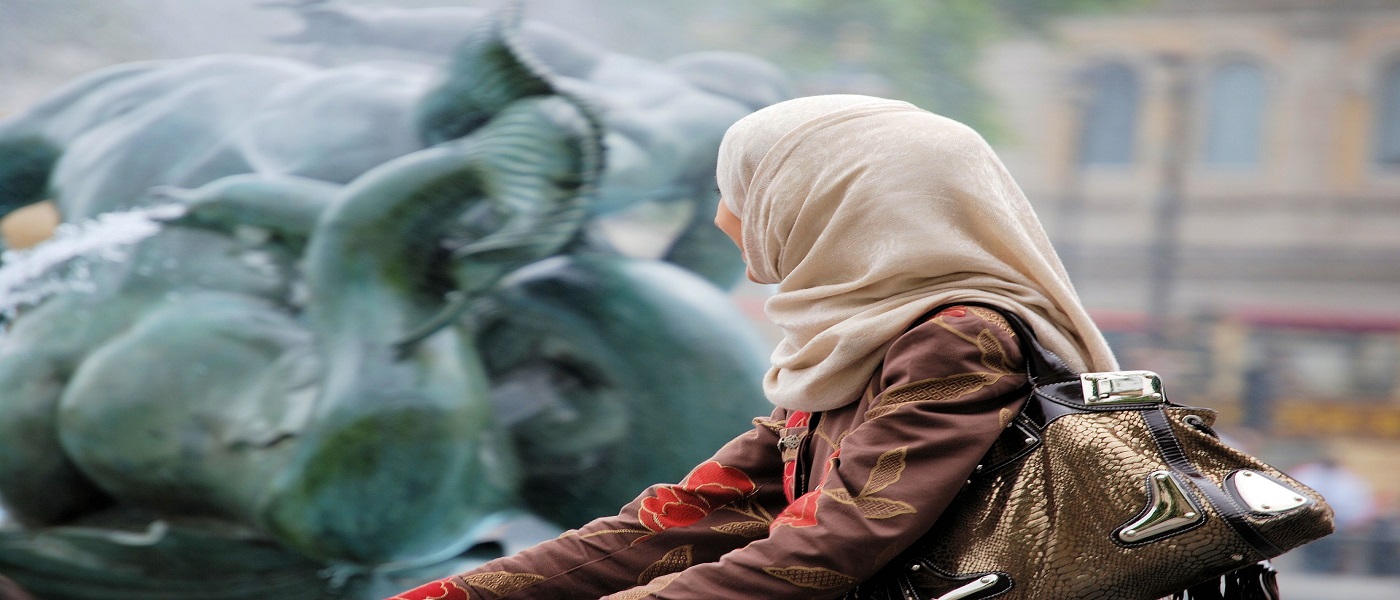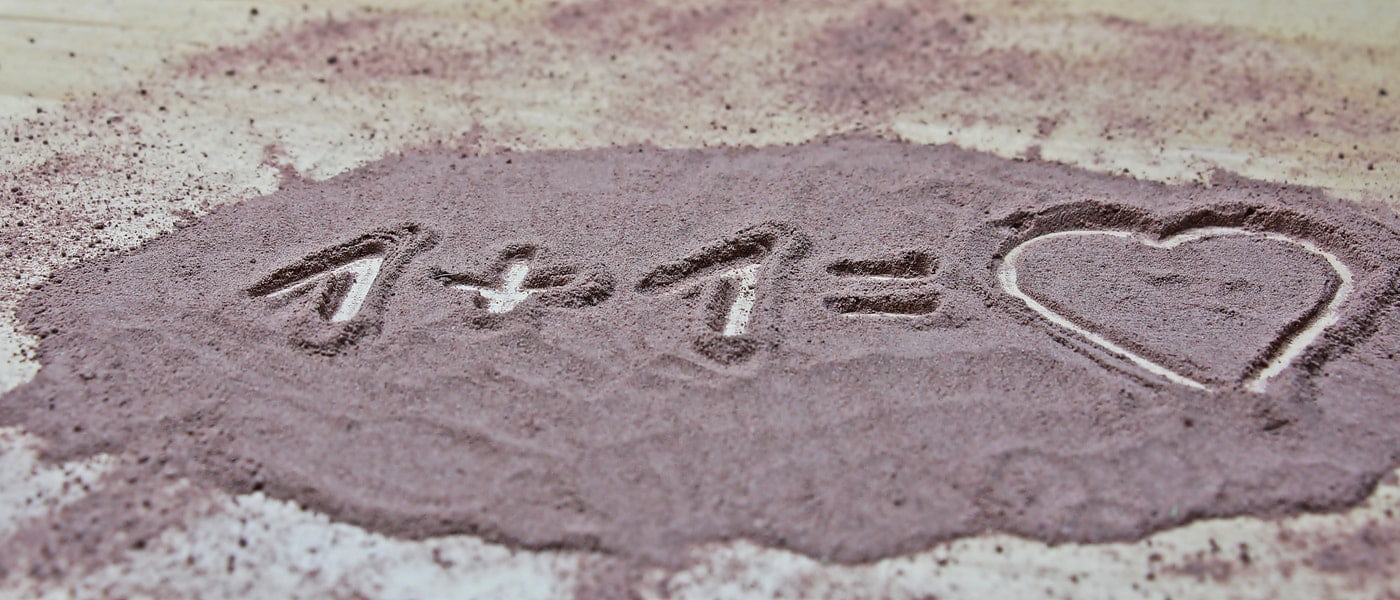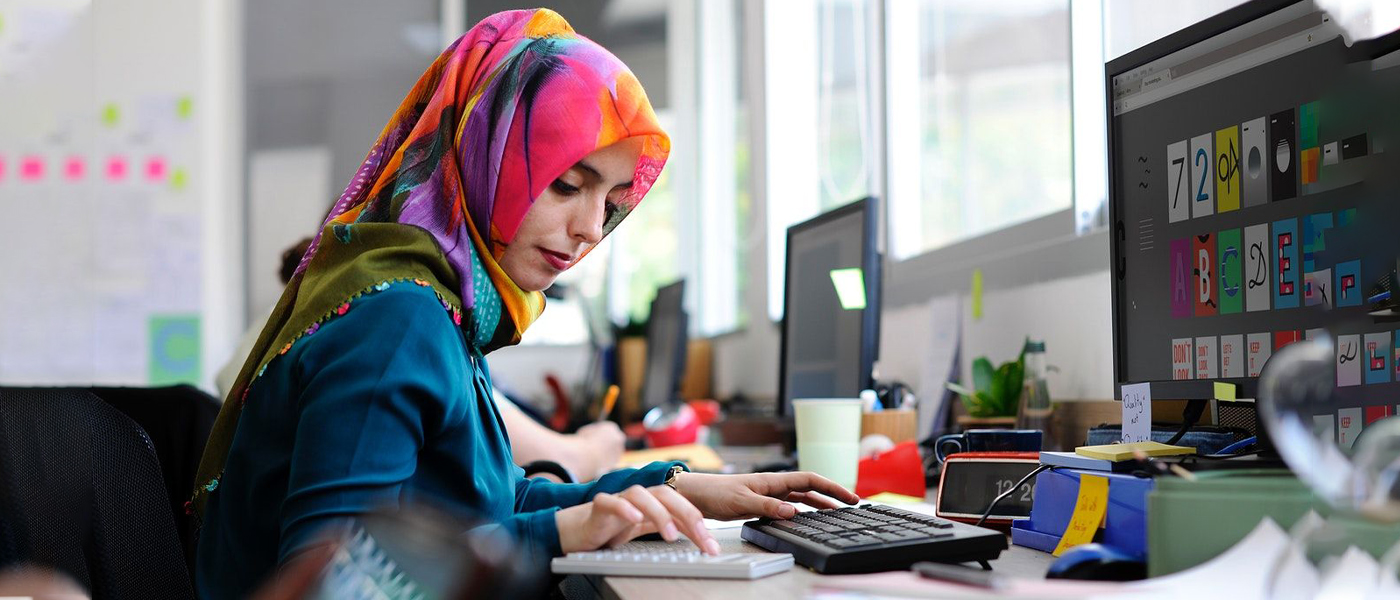

What are the social rights of women in Islam?
Some people who are not well acquainted with the true Islamic teachings think that Islam has not provided for all Muslims equal social rights. And on account of the fact that Islam has made some distinctions between men's and women’s rights they conclude that the same distinctions are made in their social rights. As a result, the picture of women in Islam to them is usually the stereotype of an oppressed, inferior figure and bereft of any right.
The Concept of Gender Equality in Society
Islam is the religion of equality and gender is not a standard for the preference of one over another. In fact, Islam has not only taught the equality of all humans before God but also promoted it in the social sphere. Consequently, in the Islamic social system men and women are granted equal rights and there is no difference between them about their gender.
But, the point is that “equality” does not mean the “similarity” of their rights, since men and women are not identical to one another in many respects [1]. Therefore, we can deduce, although through comparing their rights a kind of disparity appears at the individual level, both of them privileges equal rights on the social scale.
The concept of women’s equal social rights is practically extended in all aspects of social life, and meanwhile, the “equality” does not reflect the meaning of “sameness.” Instead, it means that their social rights are equated in the matters related to self-worth and individual value to those of men.
Women’s Rights & The Right of Seeking Employment
Women are given a free hand to choose the occupation they want. But they have to note that their occupations should neither be incompatible with their physical and spiritual characteristics [2] nor in conflict with their duties towards their families.
This is why Islam has absolved them from providing for the family in the first place so that they become able to take care of their household as best as possible [3]. However, they are entitled to receive a fair wage by their works either outside the house from their employers or inside the house from their husbands if they ask for it [4].
The Right of Traveling and Activity in An Ethical Society
There is no restriction on women traveling alone if it is not inconsistent with the interests of their families. And regarding their social presence, it is a women’s right to be protected from men’s malicious eyes, whose obligation is casting his eyes down towards them [5].
The Social Security, Juridical and Political Rights of Women in Islam
In the Islamic social system, an equal emphasis is given to women for benefiting from social security systems and social services [6]. Also, women’s right in benefiting from Islamic legal and juridical systems is equally safeguarded.
Many stories from the early period of Islamic history deal with women who referred their disputes to the Prophet (PBUH&HP) in the same way as men sought his judgment [7]. Moreover, not only they share the right of election and the nomination to political offices with men but also can access the highest levels of political authority due to the Islamic laws, provided that it is not inconsistent with their physical and spiritual capacities and their responsibilities towards their families [8].
The Right to Have Education
This right is so much important that Prophet Muhammad (PBUH&HP) once commanded that even slaved girls should be educated [9] and in one famous narration he considered seeking knowledge an essential task for both sexes [10].
Women’s Social Obligations
In the light of the above facts, we can conclude that the idea of inferiority of the social status of women in Islam to men is void and baseless. However, as it was mentioned earlier, men's and women’s social rights are “equal” and not “similar” due to great differences between their characteristics.
That is why the social obligations of women in Islam are narrower than those of men; as Islam has exempted them from the burden of providing maintenance for the family [11] and even some religious practices.
References:
- Mutahhari, Murtadha, The Rights of Women in Islam.
- Amini, Ibrahim, An Introduction to the Rights and Duties of Women in Islam.
- Penny, Sue, Islam, p.39.
- Lois, Beck, Women in Iran from 1800 to the Islamic Republic, pp. 165-166.
- Muhammad Javad, Bahonar, Islam and Women’s Rights.
- Universal Islamic Declaration of Human Rights; this article is available at https://www.whyislam.org.
- Johnson, Andy, Religion and Men’s violence against Women, pp. 322-325.
- Mahmudi, Hassan, Issues in Women’s rights: A Practitioner’s Resource Book, p. 47.
- Nasir, Jamal, The Statue of Women Under Islamic Law and Modern Islamic Legislation, p. 15.
- social rights
- Cornell, Vincent, Voices of Islam: Voices of life: family, home, and society, p. 85.
Share This Article

Is Islam Fair to Both Men and Women?
Contrary to popular belief, women in Islam has been empowered and respected. An excellent example of that is the first Muslim woman, Khadijah, Prophet Muhammad’s (PBUH) wife, whose influence and support was crucial to the success of Islam. Through many articles, we have discussed the Islamic view on women, their social position, their rights and responsibilities, and the rulings and regulations concerning women. Considering all those details, we will see here how fair Islam is to women in comparison to men.
Equal or the Same Rights for Men and Women in Islam?
It is clear that men and women are different from each other in many aspects. They are physically and biologically different. Their emotional and spiritual specifications are not the same. This means that men and women are of distinct capacities, which implies that they should be charged with different responsibilities regarding their innate capabilities. And since the rights of each individual depend on the burden of responsibility that he\she takes on, women in Islam and men won’t have “the same” rights. However, this does not mean that they do not have “equal” rights, either.
Let’s consider an example; a father who would like to leave his children an inheritance. He has a farm, a piece of land and a business company. These three possessions are of equal value, but they are not alike. The father knows his children’s characteristics, talents and interests very well. He, therefore, gives each child one of his belongings based on his knowledge of their potentials. This is an example to demonstrate that, although what every child receives from the father is not the same as the others, they are worth equally. So, the father has divided the inheritance equally among the children.
This is also true about the rights of women and men. As an example, although women might work and earn money, supplying for the family is not at all a responsibility for women; neither is defending Islam and country in case of war. Hence, women are given some rights in certain conditions where men are not given. Moreover, Islam has prevented imposing harsh and heavy tasks on women, as they are known to be as delicate as a flower [2]. It can be concluded that women and men do not have “the same” rights because of having different talents, potentials, and biological features, but their rights are “equal”.
Are Men Superior to Women in Islam?
According to the Quran, “Men are the managers of women” (4:34); but this does not imply that men are superior to women in Islam. Firstly, it should be noted that this verse is only about wives and husbands and not women and men in general. Secondly, being the manager here means having the “responsibility” of the family. Family like every social unit requires a supervisor or manager. Being physically stronger than women to protect the family against risks and to carry out heavy works, and being less affected by the emotions, men have been given the duty of protecting and managing the family affairs. In this regard, men have been assigned the heavy responsibility of providing for the family needs from which women are exempted.
From another side, from the Islamic point of view, women and men are of the same spirit, the whole world is created to serve both of them, they both can reach the spiritual excellence, and women can attain the superior social status they deserve [2]. All these demonstrate that men have not been given any more privilege compared to women, but have been charged with a different responsibility.
From what has been discussed above, we can see that the Islamic regulations consider both women and men, and the rights of both are equal as it should be but not necessarily similar in every circumstance.
References:
- “Nahj al-Balaqa”, Letter 31.
Read More

What Careers Can a Hijab Wearing Muslim Woman Choose?
Living as a Muslim woman in any country, be it Canada, the USA, England, or Australia, you might need to find a job. Either you are single or married, graduate or undergraduate, a mother or a wife, having a job might be necessary for you.
However, the moment you decide to go for a job, fear and anxiety rush into your mind; “What if they do not hire me because of my Hijab?”; “Do I have to find somewhere with Muslim personnel?” or even “ What if they disrespect me in front of other colleagues? What shall I do?”
Well, here we are going to discuss some of the issues and matters related to employed or to-be-employed Muslim Women.
1. Does A Muslim Woman Have any Limitations in Choosing a Career?
As a Muslim woman, you are free to take any job you want, be it a designer, a manager, a teacher, etc. but before choosing that job, you need to consider a few points.
You are a Muslim, and you have chosen to be a Muslim
You have faith in whatever you do, and you need to follow the Commands of Allah to be the person He wants. So, never give something greater away for the sake of something lesser. Allah has promised to help us if we believe in Him with all our hearts, and he will not leave us alone.
Have faith in Allah and confidence in yourself. Be who you are: A Muslim Woman!
“Indeed, those who have said, "Our Lord is Allah " and then remained on a right course - the angels will descend upon them, [saying], "Do not fear and do not grieve but receive good tidings of Paradise, which you were promised.” Quran (41:30)
Your Family Comes First
You may choose to work for many reasons, be it financial problems or your interest in a particular career or simply to express yourself somehow to the world. Whatever the reason, you shouldn’t hurt yourself with the job you choose to take, either mentally or physically. You might be even hurting your family (your kids and your husband) or even your parents. The first priority is family, and will always be. So, try to choose a job that does not harm you nor your family. Imam Sajjad (AS) states that each of our organs has a right. For instance, it’s your ear’s right to hear what is good for you in this world and the afterlife and it’s your eyes’ right to see good things and be closed from anything that Allah has wanted us not to see ( scenes of torture, eroticism, slaughter, intercourse, etc.,) [1]. As your body has a right, so does your family. Remember to preserve theirs before choosing any careers.
Imagine you have chosen to be a volleyball coach. You have already done surgery on your knee, and your doctor has told you to take good care of it. Both logic and Islam say that being a coach hurts your knee, and that can’t be a suitable job for you.
Be Cautious About Your Work Relationships with Men
Men and women work together in most workplaces, and that is a fact. There Is a thing that each Muslim woman needs to keep in mind, and that is to be cautious of those relationships and does not let them take the form of irregular man-woman interactions. They need to be neither cold and disrespectful nor arouse emotional or sexual attractions [2]. Allah tells us how to control that:
“Tell the faithful men to cast down their looks and to guard their private parts. That is more decent for them. Allah is indeed well aware of what they do. And tell the faithful women to cast down their looks and to guard their private parts, and not to display their charms, beyond what is [acceptably] visible, and let them draw their scarfs over their bosoms …” Quran (24: 30-31).
“O wives of the Prophet, you are not like anyone among women. If you fear Allah, then do not be soft in speech [to men], lest he in whose heart is disease should covet, but speak with appropriate speech.” Quran (33:32)
2. Can I Take off My Hijab at Work?
As far as we all know, we are only allowed to take off our hijab in front of other women or men who are among the Mahram men of our family. So, you may be allowed to take off your hijab only if you are working with other women or Mahram men of your family. Some may want to make others gradually accept their chosen faith. But, the fact is that you are a Muslim, and you need others to welcome you, respect, and value your talents and hard efforts. So, let others see who you are and the reality of your Faith. That would bring you more of a trust and confidence.
Careers and professions play an essential role in our everyday lives, and at times, they are even hard to live without. At the same time, women are active members of each achieving society. Islam neither forbids them from social activities nor limits them to stay at home and do daily chores. It just asks them to be careful and watchful about their own health, safety, and femininity and also beware of what happens in their interactions and communications.
References:
- Peiravi, Ali (1992) the Treatise on Rights by Imam Sajjad (AS)
- Nikzad, Abbas (2005) Practical Women Studies, Vol 25
Read More

